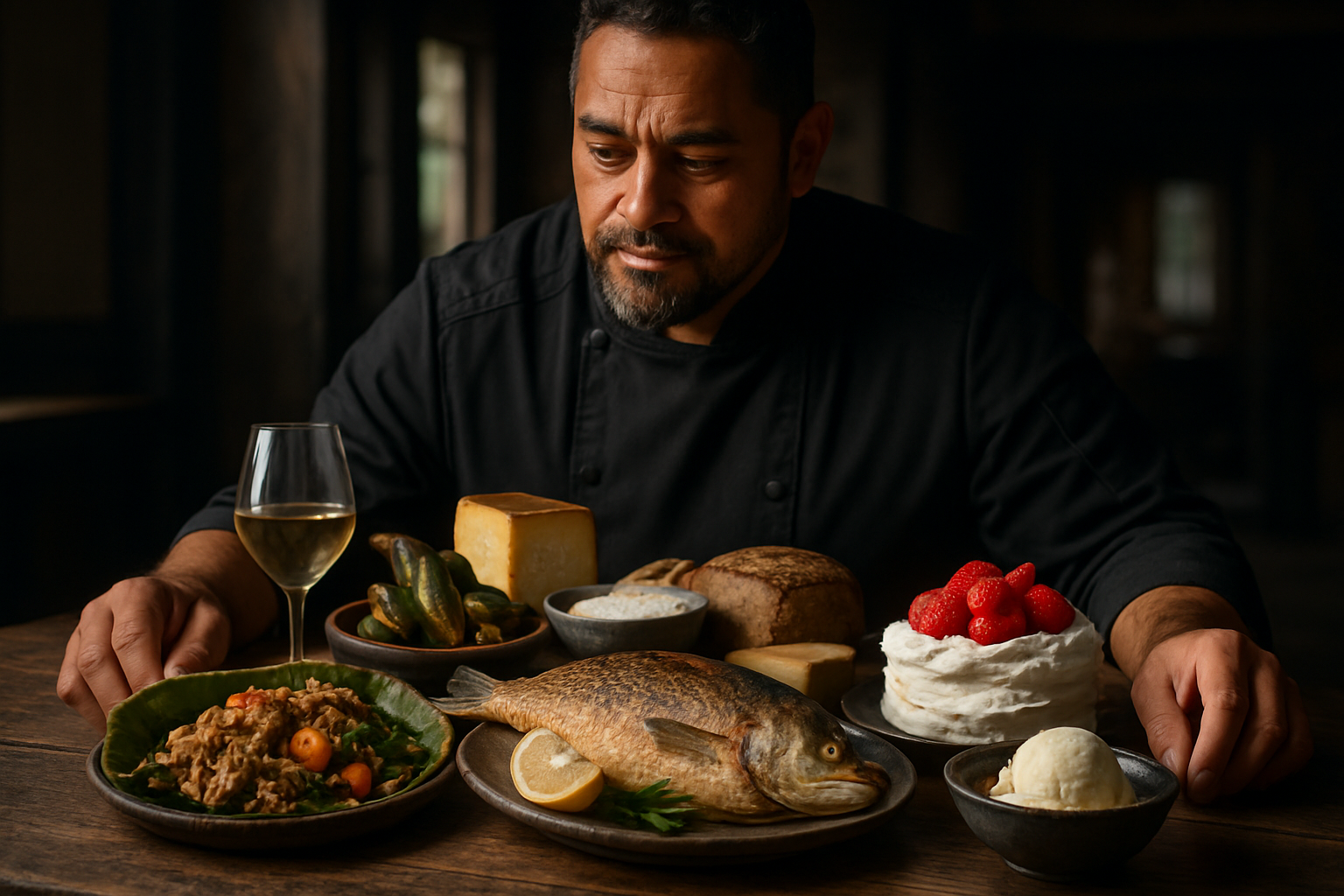Culinary Alchemy: Transforming Humble Ingredients into Gourmet Delights
Prepare to embark on a culinary journey that will revolutionize your perspective on everyday ingredients. This article unveils the secrets of transforming simple, often overlooked items into exquisite gourmet creations. Discover how a dash of creativity and a sprinkle of technique can elevate the ordinary to extraordinary.

Elevating the Everyday: Potato Edition
The humble potato, often relegated to side dish status, harbors untapped gourmet potential. By applying innovative techniques, this versatile tuber can become the star of any meal. Consider transforming it into a silky potato foam, a molecular gastronomy technique that turns mashed potatoes into an airy, cloud-like consistency. Alternatively, thinly sliced potatoes can be layered with herbs and cheese to create a visually stunning and delicious potato terrine. For a modern twist on chips, dehydrate potato slices and dust them with exotic spices like sumac or za’atar. These elevated potato creations prove that with a little imagination, even the most common ingredients can be transformed into sophisticated culinary experiences.
Reimagining Leftovers: From Mundane to Magnificent
Leftovers often face a dreary fate, reheated and served without inspiration. However, with a creative approach, these remnants can become the foundation for entirely new, gourmet dishes. Transform yesterday’s roast chicken into an elegant chicken liver pâté, or use it as a filling for homemade ravioli. Leftover vegetables can be blended into vibrant, nutrient-packed smoothies or pureed into luxurious soups. Even stale bread can be reborn as trendy bread crisps or as the base for a rustic panzanella salad. By viewing leftovers as ingredients with potential rather than as finished dishes, home cooks can reduce waste while creating exciting new meals that rival restaurant offerings.
The Magic of Fermentation and Aging
Fermentation and aging are powerful tools in the culinary alchemist’s arsenal, capable of transforming simple ingredients into complex, flavor-packed delicacies. Experiment with homemade kimchi, using unexpected vegetables like Brussels sprouts or carrots for a unique twist. Try aging your own vinegars infused with fruits or herbs, creating custom flavor profiles for dressings and marinades. Even cheese-making can be approachable at home; start with simple fresh cheeses like ricotta or queso fresco, then graduate to aged varieties. These processes not only enhance flavors but also boost nutritional value, adding depth and sophistication to your culinary repertoire.
Fusion Cuisine: Blending Traditions for Modern Palates
Fusion cuisine offers endless possibilities for transforming familiar ingredients into exciting new dishes. By combining culinary traditions from different cultures, home cooks can create unique flavor profiles that surprise and delight. Experiment with cross-cultural tacos, filling them with ingredients like Thai-spiced grilled chicken or Indian-inspired chickpea curry. Transform classic risotto by incorporating Japanese miso for umami depth, or reinvent pizza with a naan bread base and tandoori toppings. The key to successful fusion is understanding flavor harmonies and being unafraid to challenge culinary norms. This approach not only results in delicious innovations but also reflects our increasingly global culinary landscape.
Culinary Alchemy: Tips and Tricks
-
Experiment with unexpected flavor pairings, like watermelon and feta or chocolate and olive oil
-
Master the art of sauce-making to elevate any dish
-
Invest in a good quality mandoline for professional-looking vegetable preparations
-
Learn to make your own spice blends for unique flavor profiles
-
Explore molecular gastronomy techniques like spherification for a modern twist
-
Practice plating techniques to make your dishes visually appealing
-
Experiment with different cooking methods for the same ingredient to discover new textures and flavors
In conclusion, culinary alchemy is about seeing the extraordinary potential in ordinary ingredients. By applying creativity, technique, and a willingness to experiment, home cooks can transform their everyday meals into gourmet experiences. Remember, the most impressive culinary innovations often start with the simplest ingredients. So, next time you look in your pantry, challenge yourself to see not just what is there, but what could be. The world of gourmet cooking is at your fingertips, waiting to be explored and reinvented.





